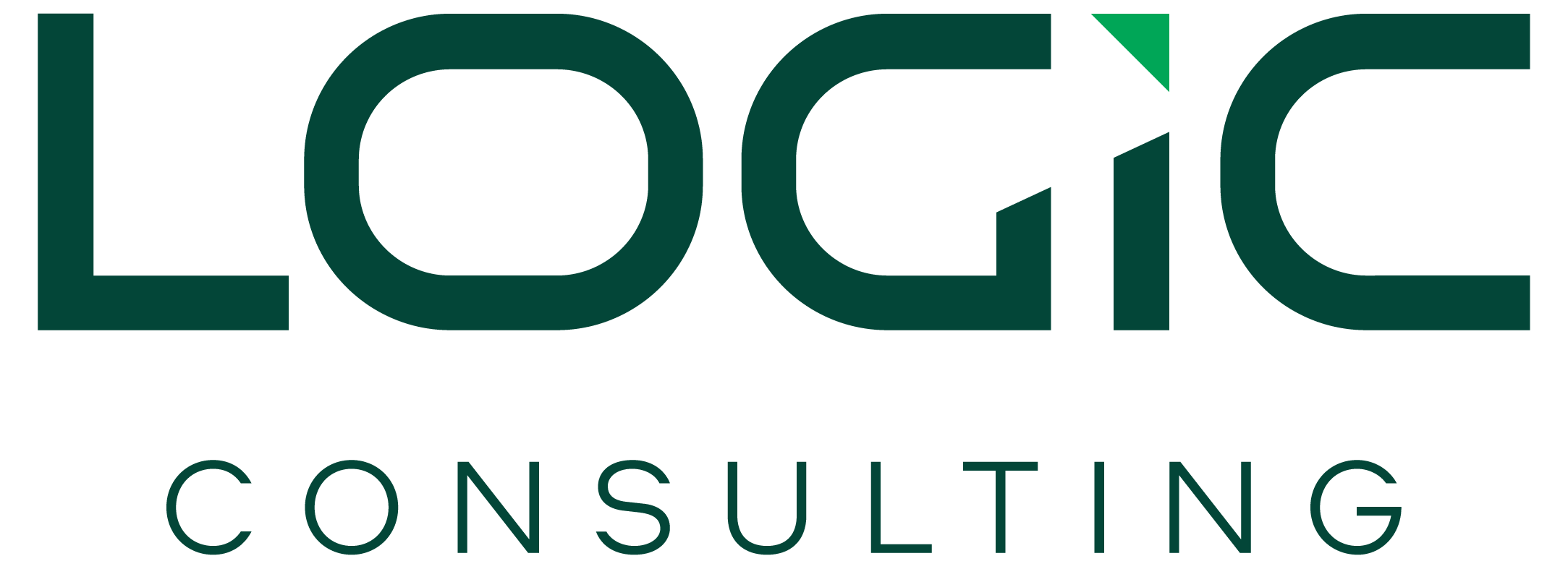1.1. Early Development (1971-2000)
After the UAE’s formation in 1971, civil society was primarily led by government initiatives and a few early community organizations. Notable among these were the Dar Al Ber Society, founded in 1978, and the Beit Al Khair Society, established in 1989, which focused on charitable efforts in education and healthcare.
1.1.1. Ministry of Community Development (established in 1972)
The Ministry played a key role in formalizing welfare and community efforts. Their main initiatives are:
- Social Welfare Programs: Provided support for vulnerable groups, including low-income families, healthcare access, and education.
- Formalizing Charitable Efforts: Structured administration of social support and welfare programs.
- Foundation for Civil Society: Laid groundwork for future community organizations, leading to the Community Development Authority in 2008.
The ministry has consistently coordinated with governmental and non-governmental entities to enhance social cohesion, promote volunteerism, and ensure social welfare for all Emiratis and residents.
Most Recent Initiatives by the Ministry of Community Development
Social Security Community Integration Platform: This is a unified information platform that gathers
citizen data from different local and federal authorities. It allows authorized employees to access essential data to assist with social security service applications. The platform supports inquiries into various areas, such as personal and work data, income, property, trade licenses, personal status, and records of births and deaths.
Hassantuk’ Initiative: This initiative, launched in partnership with the Ministry of Interior’s Civil
Defense and Etisalat, seeks to implement and oversee smart fire and smoke alarm systems in residences. These complimentary devices will be supplied to eligible social security beneficiaries.
Soun System: The “Soun” Innovative System, created by the Ministry of Community Development and partners, is designed to enhance family stability and well-being through identifying and preventing family abuse. It provides early detection with tailored questions, educational videos, policies, laws, and a family protection Soun System guide. It is accessible via the “MOCD Connect” app in Arabic and English.
UAE’s Recent Civil society Initiatives
The UAE government has initiated numerous efforts to enhance civil society. A major milestone was hosting significant global events in September 2024, including the International Government Communication Forum. This event gathered over 250 speakers worldwide to discuss vital communication strategies, focusing on agile governance, innovation, and sustainability.
Additionally, the World Congress on Rehabilitation is being held for the first time in Abu Dhabi from September 23-25, 2024, marking its debut in the Middle East. It emphasizes integrating
People of Determination (individuals with disabilities) into society, focusing on education and employment. These events accentuate the UAE’s dedication to promoting international collaboration and innovation across sectors, including government communication and healthcare for individuals with disabilities.
Moreover, the UAE has actively promoted gender equality and women’s participation in peace building and security through its National Action Plan (NAP) for Women, Peace, and Security. This
plan, which runs until the end of 2024, aims to increase women’s involvement in conflict prevention, peacekeeping, and security sectors.

